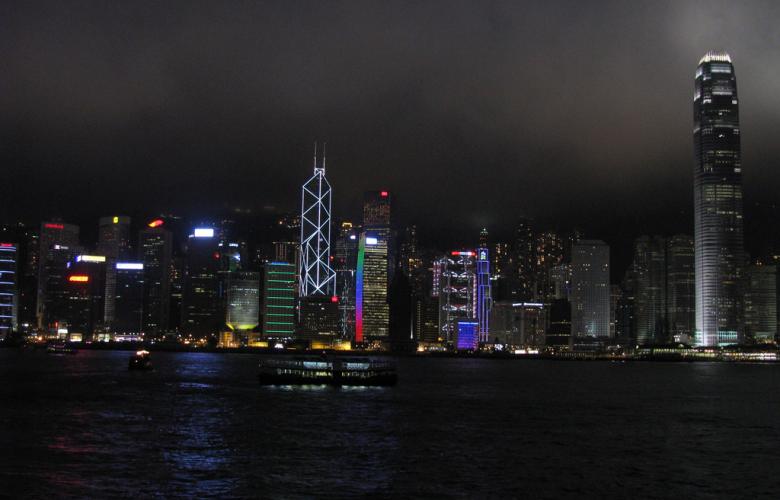Renting property in Saudi Arabia
This article is intended as a preliminary guide only and refers to some but not all elements required to consider in detail prior to starting any property dealings or due diligence. Property dealings are often complex, especially in foreign countries and we highly recommend you seek independent professional advice... read more...
Most foreigners move to Saudi Arabia on employment contracts that include free or heavily subsidised housing, furniture and utilities, so most expats in Saudi Arabia rent their property. Agents and landlords communicate well in English, but as most of the documents are in Arabic, it may easiest to have your employer, an agent or a property lawyer help. To rent property, you will need an Iqama (residence permit). Expats may also need a letter from your employer confirming salary and length of contract. Occasionally, the employer may need to act as a guarantor.
Living in a compound
To enjoy a similar lifestyle to what is enjoyed at home, most expats live in large gated compounds with resort-type facilities such as shops, cafés, gyms and spas. These compounds can range in size from 10 or 12 houses with a shared pool to complexes as large as a small town with lots of amenities. The Mutaween (religious police) do not enter these areas to enforce their strict Sharia law. These local laws do not apply here and men and women can be free to mingle. Most places are already furnished, but they can range from a few pieces of furniture to everything including cutlery and bedding. Check with your agent as to what is included.
Living outside a compound
If you are happy to abide by the strict Islamic law, you can live outside a compound. This will allow you to immerse yourself in the culture, and save money as well. You can search online for accommodation, but it is easier to use a real estate agent as they know the areas and can advise which areas may suit best. If you have patience, the best deals can be found by driving around the streets of your chosen area and looking for ‘For Rent’ signs. Some property owners prefer to do this than list through an agent. Some suggested areas in Riyadh to consider include Olaya, Al Sulemaniyah and Muhammadiyah.
Find areas to consider here
Rental contracts
Rent is usually paid by the employer in Saudi Arabia, and paid a year in advance. Some compounds allow expats to pay in six-monthly or monthly instalments.
If you are signing a rental agreement, consider hiring an English-speaking property lawyer as some of the documents may be in Arabic, and you should get a notarised translation so you fully understand the terms of the contract. A refundable one-month rental payment should be placed as a security deposit to cover any potential damage.
Utilities
Most rental prices in Saudi Arabia are inclusive of all basic utilities such as water, gas, electricity, telephone line rental and Internet.
Sources:
Expat Arrivals
See also:
Glossary of Saudi Arabian terminology
Buying property in Saudi Arabia
This article and the above linked artciles are not complete and are intended as preliminary guides only. These guides refer to some elements to consider prior to starting any property dealings or due diligence. Property dealings are often complex areas, especially in foreign countries and we highly recommend you seek independent professional advice... read more...




